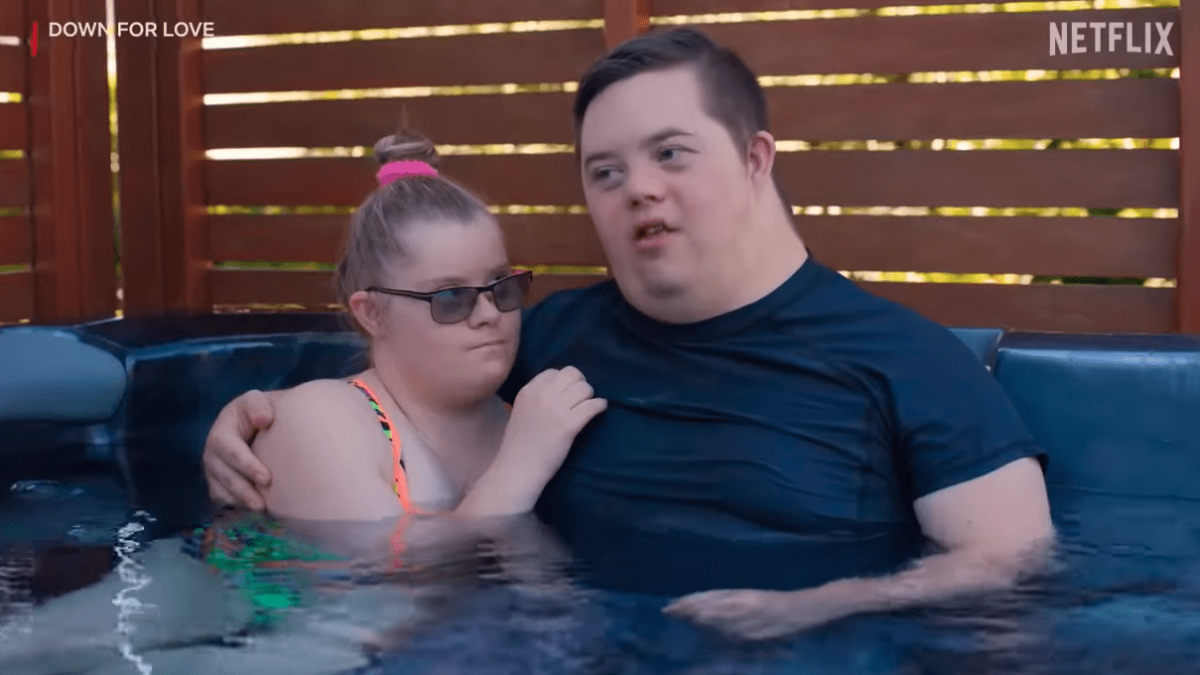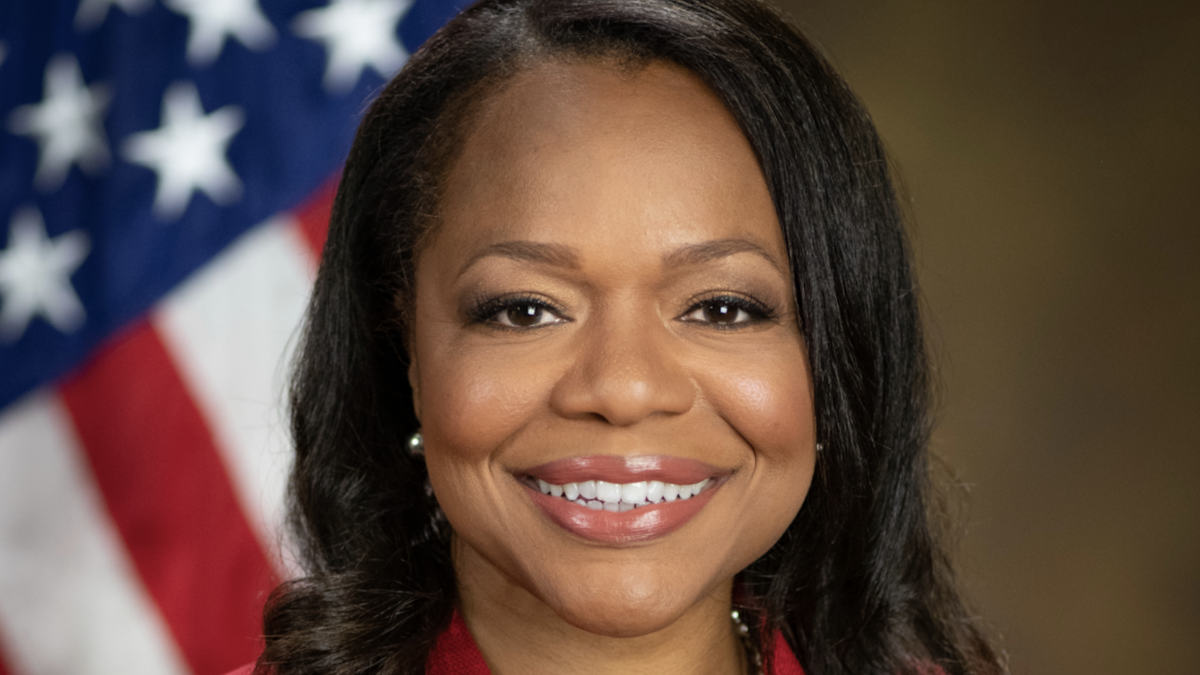Reality “dating” shows distort reality in a way that feeds our baser natures, monetizing a pact between exhibitionists and voyeurs. In a world that already struggles with its understanding of romance and human sexual relationships, these shows are culturally devastating. With a new entry into this genre, “Down for Love,” exploiting people with Down syndrome, takes this paradigm to a new low.
Headlines promise “Down for Love,” which has found its way into the Netflix top 10, will “restore your faith in dating shows.” Some living with Down syndrome and their families might find it charming, but as the father of a son in his early 20s with Down syndrome, I resent a television show that makes a curiosity out of the vulnerabilities of young people with Down syndrome as they struggle to find meaningful relationships. We’re assured by reviewers that it is unlike other dating shows that “revel in making their participants as uncomfortable as possible,” but dating and relationships in the 21st century are complicated for everyone. That is especially true for persons living with intellectual and developmental disabilities.
I am very aware of my son’s natural desire for relationships and intimacy, but I also understand the limits of his capacity to understand what that means so he can successfully act on that desire. Pope St. John Paul II spoke beautifully of this in his 2004 message to participants in the International Symposium on the Dignity and Rights of the Mentally Disabled Person.
“The care of the emotional and sexual dimensions of disabled persons deserves special attention. This aspect is often ignored, glossed over and reduced or even dealt with ideologically. Instead, the sexual dimension is a constitutive dimension of the human being as such, created in the image of the God of Love and called from the outset to find fulfillment in the encounter with others and in communion,” said the pope.
So is there an ideology behind “Down for Love” that makes it exploitative of persons living with Down syndrome?
I should be generous and say that the program is sincere in its desire to show that people with Down syndrome are just like everyone else. Inasmuch as they have the same desire to “find fulfillment in the encounter with others,” they are. However, this is where the distortion of reality TV becomes evident.
For the typical dating couple in the 21st century, parents don’t have to drive young adults on their dates and aren’t in the background, nervously cheering them on as the music swells, amplifying the expectation of what may happen next. John Paul II acknowledges that “disabled persons find themselves living these legitimate and natural needs in a disadvantaged situation.” He was wise and accurate in his observation.
Depending on the extent of an individual’s impairment, autonomy and consent — both fundamental for successful Catholic relationships and essential for marriage — are disadvantages that aren’t often possible to overcome, even for the most capable of individuals living with Down syndrome. My son doesn’t have the capacity for either. And this leads me to my next point.
“Down for Love,” exploits abilities while glossing over the challenges of more capable individuals living with Down syndrome. Like one of this program’s predecessors, “Love on the Spectrum,” it hides the difficult circumstances of those who are less capable. In the case of autism, that means often non-speaking, cognitively disabled, and sometimes even prone to aggression.
I’m curious what the motivating interest of viewers outside the Down syndrome community might be. But I have no doubt about the motivating interest of producers. Nothing gets produced on television without the promise of money. “Down for Love,” and similar shows like “Love on the Spectrum,” “Born this Way,” or “The Undateables” don’t show the whole picture of how individuals with disabilities struggle to find employment, or how they and their families navigate medical issues or educational opportunities. They focus only on what sells — their struggling, and sometimes bumbling, efforts to, as Pope St. John Paul II said, “find fulfillment in the encounter with others.” That seems to cross the line between genuine interest in a person and what borders on circus entertainment.
The exploitation of persons with disabilities has a long past, from court jesters, to festival sideshows, to the present. There is a performance group called Drag Syndrome, another play on the name Down syndrome, that is a plainly horrific abuse of these individuals. As the name implies, people with Down syndrome are made up and costumed, paraded on stage in drag, creating what’s been called “a sexually exploitative nightmare that is the equivalent of a turn-of-the-century freak show.”
In their desire to be recognized, those with intellectual disabilities, and their families too, can easily be convinced to compromise their human dignity to amuse and entertain others. That is a kind of Faustian bargain in which the devil always wins.
We Catholics are called to expose the shallow and pessimistic attitudes that have infected our culture’s understanding of sexual relationships. This is true for all of society but especially the most guileless souls God has entrusted to our care. Human relationships are important for those with intellectual and developmental disabilities. Their efforts to navigate the complexities of relationships must not be the subject matter for entertainment that makes vulnerable people a source of salacious amusement.









